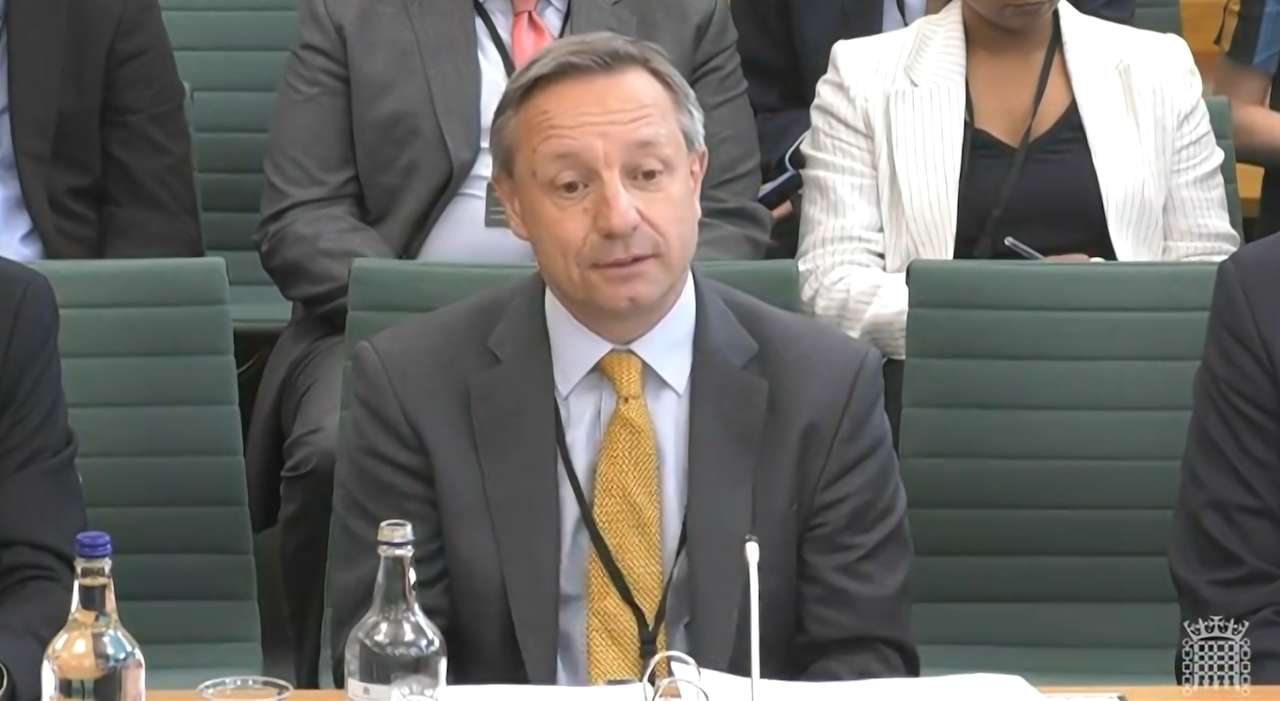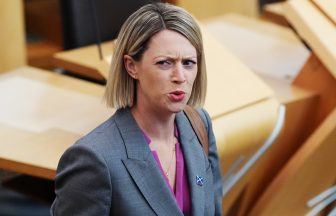Millions of people will be paying less for their gas and electric from this weekend.
A fall in Ofgem’s energy price cap takes effect comes into force than last winter.
The regulator announced in August the cap on a unit of gas and electricity would reduce the average bill from £2,074 to £1,923 for the three months from October 1 in England, Wales and Scotland.
However, this is still more than 50% higher than pre-crisis levels, and the government is yet to announce any financial support.
What is an energy price cap?
The price cap was first introduced by energy regulator Ofgem on January 1, 2019.
It is intended to protect against overcharging by limiting the amount that suppliers can charge for each unit of gas and electricity – measured in kWh (kilowatt hours).
A price cap does not mean a cap on your total energy bill. It is a cap on how much suppliers can charge for each kWh of energy used, together with a maximum daily standing charge.
Your bill will go up or down depending on how many units – i.e., how much energy – you use.
The standing charge covers the cost of supplying your home with gas and electricity. You pay a fixed daily amount for this, regardless of how much energy you use – and even if you’re not home.
Suppliers can’t charge more than the price cap, although they may charge less.

What does this energy price cap mean?
The cap does mean the average household should see a fall in what they are charged for their energy from Sunday.
This is the second consecutive drop after a typical bill fell for the first time in two years back in July.
The new figure means bills will be £151 lower than current rates and £577 down on last winter.
As aforementioned, the cap does not set an upper limit on actual bills – it’s on the cost per unit – and you will pay more or less depending on how much energy you use.
How do I find out if it affects me?
The cap is applied to customers on a default energy tariff including those who pay by direct debit, standard credit, prepayment meter, or who have an Economy 7 (E7) meter.
You should have received an email about it from your supplier – if not, check your account and the information will be readily available.
In numbers
- Gas will fall from 7.5p per kilowatt hour (kWh) today to 6.9p
- Electricity will fall from 30.1p per kWh to just under 27p
- The price cap will be the lowest since March 2022
- It is around 50% higher than the price cap two years ago
(Figures according to energy consultants Cornwall Insight).
Do I need to do anything?
The change to your prices will be applied automatically, but bill payers are advised to submit meter readings ahead of October 1 to ensure their supplier can accurately bill them for energy used before and after the price cap drop.
Will the government provide any support?
They haven’t said they will yet.
Last year, the Energy Price Guarantee limited average bills to £2,500 per year and each household received a further £400 over six months to offset the soaring costs.
These measures brought the average monthly cost of energy down to £141 but this year, unless further support is announced, average costs from October to December 2023 will rise to £160.
Will a social tariff come into effect?
The government has previously committed to consult on future approaches to consumer protections, including a social tariff.
A social tariff would offer cheaper gas and electricity to those most in need, such as disabled people, the elderly, or those who claim Universal Credit, for example.

This was promised in the Autumn Statement 2022, with the commitment repeated multiple times since then by the prime minister and other Cabinet members.
But with winter looming, no consultation has appeared.
Ofgem chief executive Jonathan Brearley is one of many to question the effectiveness of the price cap and point towards the benefits of a social tariff.
Without that, experts expect that average energy bills will remain at around £2,000 for vulnerable households for years to come.
Martin Lewis, founder of MoneySavingExpert.com, has said: “A typical house now pays a once unthinkable, still unaffordable, £2,000 a year for energy – worse, this winter people won’t get the £400 support they did last.
“The energy market is broken – the limited competition there is hardly impacts what people pay. Even when there was competition, it failed many elderly or vulnerable people unable to take advantage of deals.
“That why I’ve long supported a social tariff. It’s why I was excited when the government said it’d bring one in. Now I’m despairing at the deafening silence of inaction.
“This isn’t trivial, it’s a core wellbeing issue for millions. The government needs to pull its bloody finger out.”
Follow STV News on WhatsApp
Scan the QR code on your mobile device for all the latest news from around the country



























